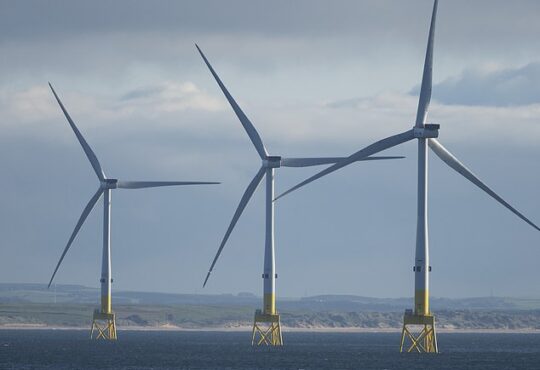
The short-term effects of the announcement were acute. But the Truss mini-Budget should be understood as a “miscalculation” that sped up the inevitable, according to Andrew Wishart, a housing economist at Capital Economics.
He said: “The initial rise in mortgage rates in late 2022 was definitely due to concerns that the UK would be unable to repay money, which pushed up bond prices and meant the Bank of England having to respond.
“But this only brought forward what would have happened in the end anyway – mortgage rates shot up after that, driven by concern that inflation was remaining high and that rates would have to stay high.”
Jeremy Hunt, who succeeded Kwarteng as chancellor, ended up reversing much of the mini-Budget, stabilising the markets.
Mr Wishart added: “If [Truss’s policies] had stayed in place, the impact on the economy would have been more severe.”
While the mini-Budget may not have helped, rising prices were the driving force behind the subsequent hikes in mortgage rates.
Andrew Goodwin, chief UK economist at Oxford Economics, said: “If you happened to be remortgaging around the time of the mini-Budget then you were very unlucky, but the lingering impact has been small.
“It’s much harder to pin the blame for mortgage rates today on Liz Truss. Inflation has been the main driver, and this has been down to external factors beyond the Tories’ control.”
Rising rates
These external factors – often cited by Rishi Sunk when defending his party’s economic record – were a supply-side shock during the pandemic, spiking energy prices following Russia’s full-scale invasion of Ukraine, and persistently strong wage growth.
Mortgage rates had already risen by the time of the mini-Budget, as markets feared high inflation would stick around.
The Bank of England kept raising the base rate until August 2023. But Tory MPs have accused the Bank of being too slow to spot signs of the economy overheating, meaning it has had to keep rates high for longer as a result.






